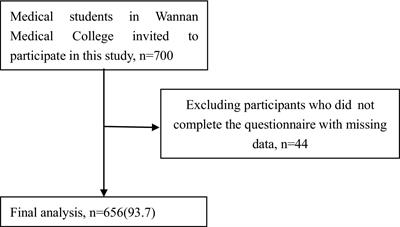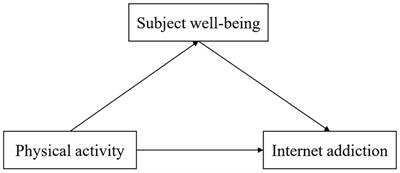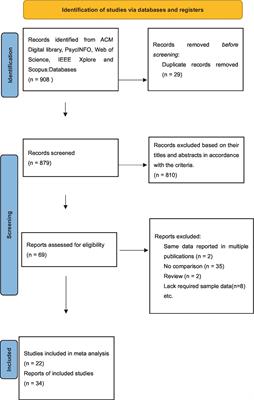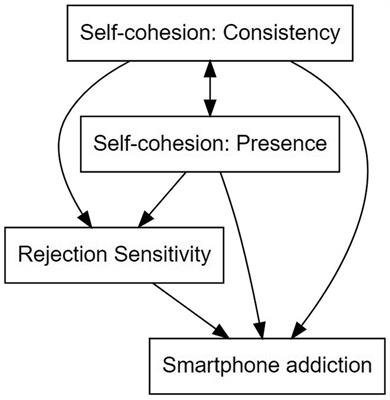ORIGINAL RESEARCH
Published on 30 Oct 2024
The impact of exercise self-efficacy on college students’ emotion management ability: an analysis of the mediating effects based on exercise behavior and screen media use
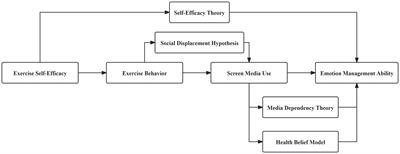
doi 10.3389/fpubh.2024.1456753
- 678 views
